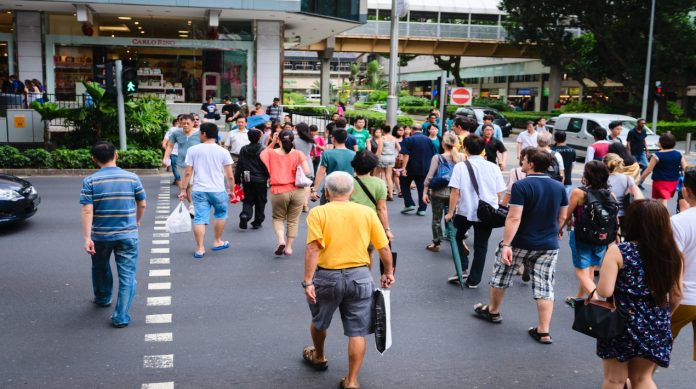The Philippines takes a step ahead to end violence and harassment in the workplace. Key stakeholders and partners gather in Manila to better understand and ensure effective implementation of an International Labour Organization (ILO) Convention.
The Violence and Harassment Convention, also known as ILO Convention 190 or C190 is the first international binding treaty to recognize everyone’s right to be treated with dignity and respect at work. The Philippines became the first country in Asia to ratify the Convention in February this year. Organized in collaboration with the International Training Centre of the ILO (ITCILO), the event held on 18 June 2024, focused on what happens after ratification. It provided a venue for dialogue on roles and responsibilities of government, workers, and employers in implementing C190.
“Everyone deserves respect at work. This event is a significant step and response to an urgent call to end and prevent violence and harassment in the workplace, which affects millions of people globally,” said Khalid Hassan, Director of the ILO Country Office for the Philippines.
C190 protects all employees and persons working irrespective of their contractual status and with connections to the world of work, be it interns, volunteers, trainees, jobseekers, job applicants and individuals exercising the authority, duties, or responsibilities of an employer. It applies to all sectors, whether private or public, both in the formal and informal economy, and whether in urban or rural areas. It responds to the reality that violence and harassment do not just occur in traditional physical workplaces. C190 covers various settings and modalities, including technology, work-related trips and communications, commuting to and from work, where worker is paid, takes a break or a meal.
Going beyond the scope of C190, the event also had interactive sessions on violence and harassment. Forum theatre, exercises and role plays delved into the root causes, impacts, and vulnerability factors of workplace violence and harassment. Stakeholders and partners gained deeper insights on dynamics by engaging in activities that foster empathy and understanding, which tackle effective prevention and intervention strategies to deal and stop violence and harassment. In addition, real-world case studies and hands-on exercises illustrated and reinforced key principles of C190 applications and implications in various contexts in the Philippines. The event also explored good practices and examples from the Asia Pacific region, highlighting effective strategies for implementing C190 and fostering safer, more respectful workplaces.
Almost 60 officials from the government, workers’ and employers’ organizations, United Nations agencies, international financial institutions, development partners, embassies and civil society organizations from the Protection from Sexual Exploitation and Abuse (PSEA) Network participated in the event in-person and virtually. A follow-up training with changemakers from the government, workers’ and employers’ organizations will be conducted to develop roadmaps for safer and more respectful workplaces in the Philippines. These roadmaps will use an inclusive, integrated and gender-responsive approach in line with the C190 implementation in the Philippines.




















